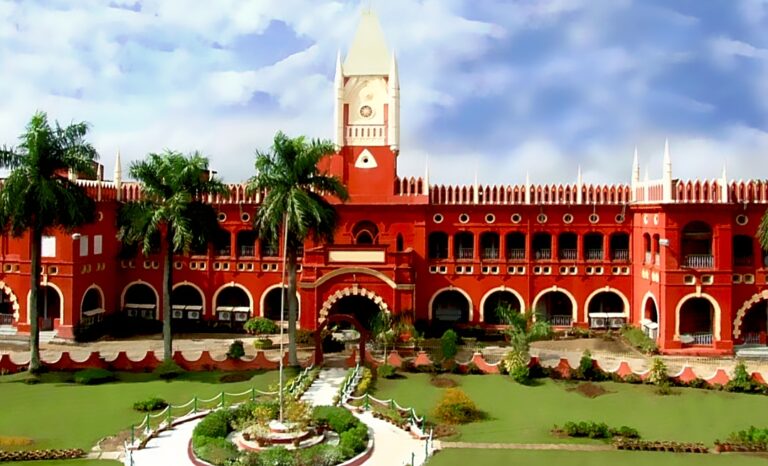In a significant ruling reinforcing the cooperative federal structure of the Goods and Services Tax (GST) regime, the Orissa High Court has held that parallel proceedings initiated by both Central and State GST authorities on the same issue and for the same tax period are invalid. The Court ruled that once a Proper Officer under one authority—either Central or State—has initiated proceedings, the other authority is barred from starting a separate action on the same matter.
The judgment came in the case of M/s. OSL Auto Pvt. Ltd. v. Union of India & Others, decided on October 14, 2025, where the petitioner challenged the legality of overlapping investigations by the State GST and Central GST departments. The decision clarifies the scope of Section 6(2)(b) of the CGST Act, 2017, which aims to prevent duplication of efforts and harassment of taxpayers by ensuring that only one authority handles a given case.
This ruling serves as a crucial reminder to tax officers across jurisdictions that GST administration must operate in coordination, not competition, thereby upholding the objective of a harmonized tax structure in India.
Case Title
M/s. OSL Auto Pvt. Ltd. v. Union of India & Others
Orissa High Court, decided on October 14, 2025
Background
The petitioner, M/s. OSL Auto Pvt. Ltd., a registered dealer under the GST Act, was subjected to proceedings initiated by both the State GST authorities and the Central GST authorities for the same tax period and on the same issue — alleged discrepancies in input tax credit (ITC) claims and outward supplies.
The petitioner contended that once proceedings had been initiated and were ongoing before the State Proper Officer, any simultaneous or subsequent action by the Central Proper Officer on the same cause of action was without jurisdiction, as it amounted to parallel proceedings prohibited under the GST framework.
The Central GST authorities, however, defended their action by arguing that both authorities have concurrent jurisdiction under the CGST and OGST Acts, and that separate inquiries were necessary to protect revenue interests.
Key Legal Issue
Whether parallel proceedings under the Central and State GST authorities can be simultaneously initiated and continued on the same subject matter and tax period against the same taxpayer.
Court’s Observations
- The Court analyzed Section 6(2)(b) of the CGST Act, 2017, which provides that once a Proper Officer under one Act (either Central or State) has initiated proceedings, no proceedings shall be initiated by the Proper Officer under the other Act for the same matter.
- The Bench emphasized that the GST Council’s intent was to avoid duplication of proceedings, harassment of taxpayers, and conflicting adjudications.
- The Court observed that both the State and Central authorities function in coordination under the dual-GST framework, and hence mutual exclusivity applies once one authority assumes jurisdiction over a particular case.
- The initiation of proceedings by the Central GST officer, while the State GST officer was already dealing with the same issue, was held to be contrary to law and a violation of Section 6(2)(b).
Ruling / Judgment
The Orissa High Court quashed the parallel proceedings initiated by the Central GST authorities, holding that such action was invalid and without jurisdiction.
The Court directed that:
- The Central authorities must refrain from duplicating proceedings already undertaken by the State GST authorities.
- Only the officer who first initiated action shall continue and complete the proceedings in accordance with law.
Significance of the Ruling
- Reaffirms the principle of single jurisdiction under GST for a given cause of action.
- Protects taxpayers from duplicative demands and administrative harassment.
-
Strengthens the interpretation of Section 6(2)(b) of the CGST Act, ensuring coordination between State and Central tax administrations.
